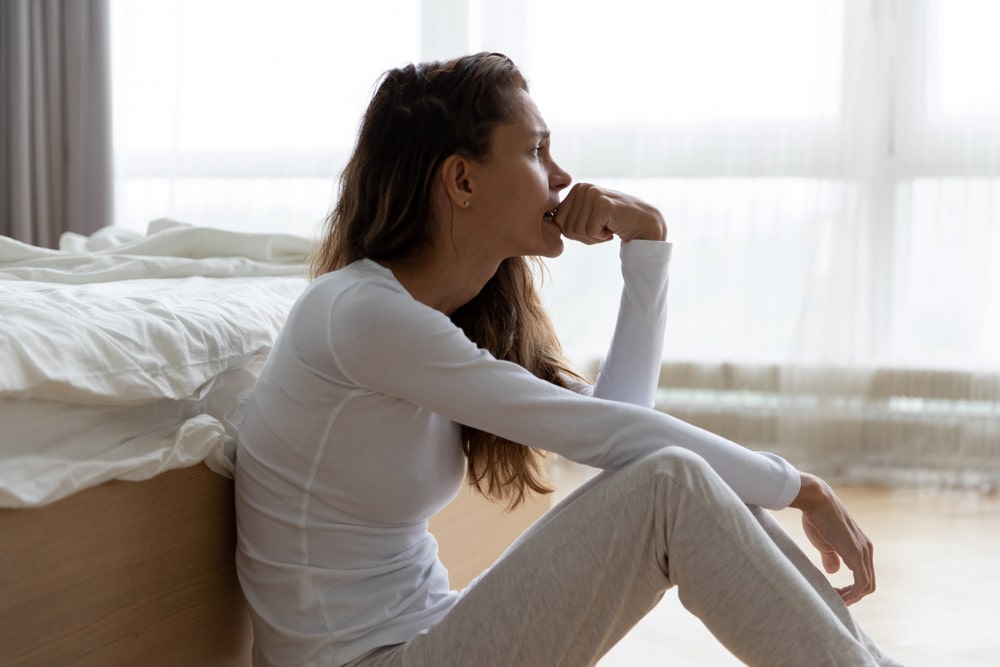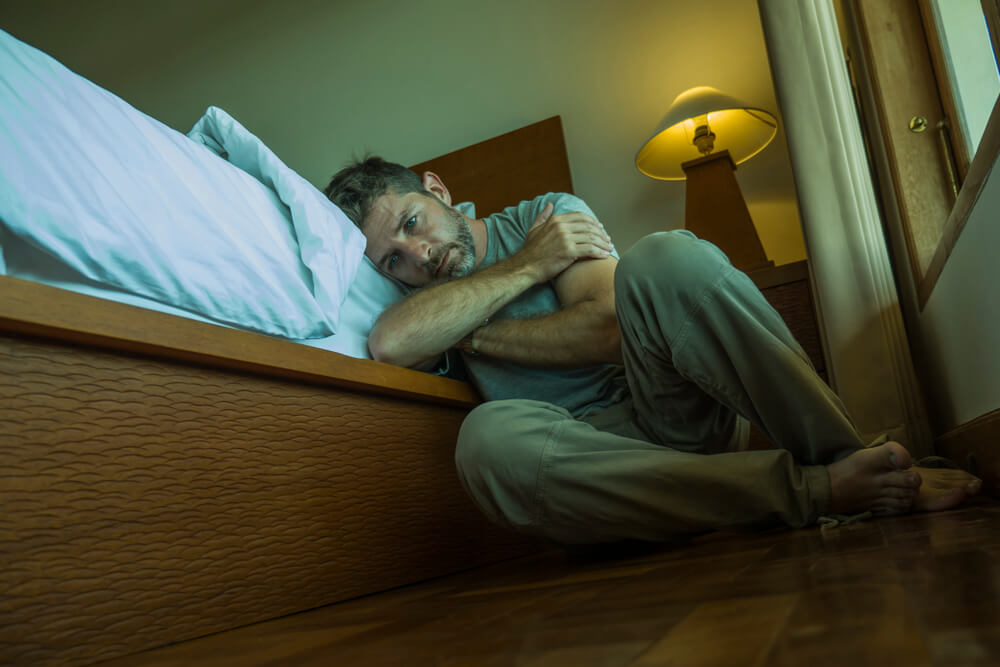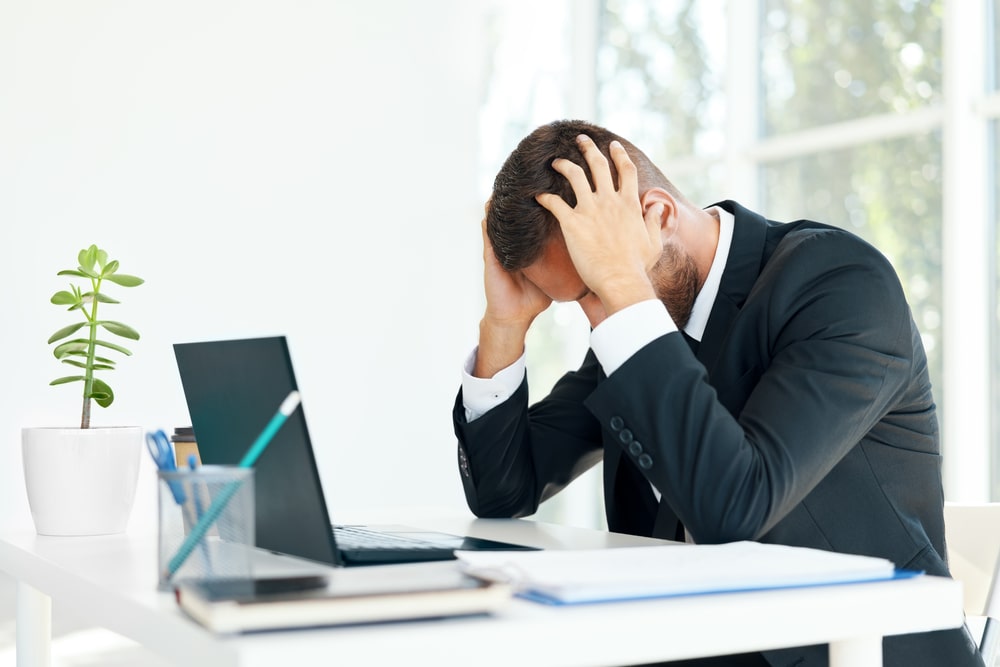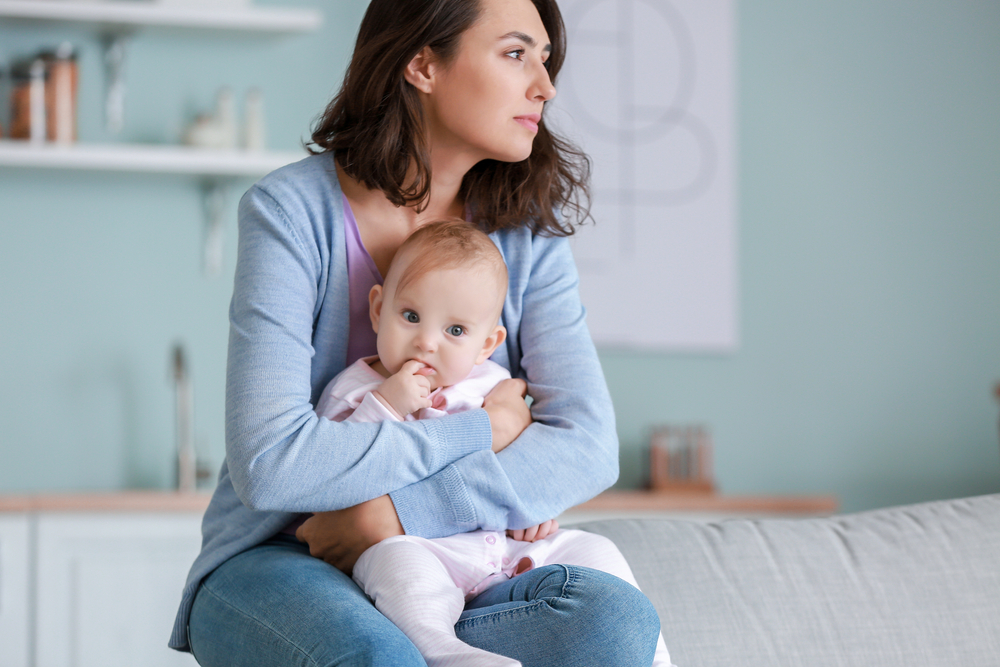
Anxiety is the body’s natural response to stress. According to the Mayo Clinic, having occasional feelings of anxiety is an unavoidable part of life. The medical definition of anxiety provided in the Merriam-Webster Dictionary is an “overwhelming sense of apprehension and fear often marked by physical signs (such as tension, sweating, and increased pulse rate), by doubt concerning the reality and nature of the threat, and by self-doubt about one’s capacity to cope with it.” The feelings of anxiety can range from mild (e.g., fluttering in one’s stomach) to severe (e.g., heart palpitations). Regardless, anxiety can be a challenging emotion for people to manage. Hence, it is advantageous to develop an array of coping mechanisms, such as prioritizing self-care, to effectively navigate anxiety when it arises.
What Is Self-Care?
Self-care is defined as “the ability to care for oneself through awareness, self-control, and self-reliance in order to achieve, maintain, or promote optimal health and well-being.” Self-care practices involve both nurturing one’s physical and mental health, which can be accomplished in many ways. Self-care encompasses activities, practices, and habits intended to reduce mental and physical stress and strain while simultaneously fostering feelings of inner peace and happiness. A significant amount of empirical evidence substantiates the importance of self-care in alleviating symptoms of anxiety and promoting overall mental health.
Managing Anxiety: Mental and Behavioral Health
Mental health is intertwined and often informed by behavioral health. While one’s mental health encompasses several factors (e.g., one’s biology, one’s psychological condition, and one’s habits) behavioral health examines how one’s habits impact one’s overall physical and mental well-being. Incorporating regular self-care practices into one’s daily routine innately supports mental and behavioral health, which can result in an array of benefits. Cultivating and integrating these healthy habits can help people become more productive, cope with everyday stress more effectively, maintain a positive outlook, engage in healthy eating, sleeping, and exercise habits, which ultimately enhances one’s overall quality of life. More specifically, engaging in a self-care routine has been clinically proven to reduce or eliminate anxiety and depression, diminish stress, boost happiness, as well as increase one’s capacity to adapt to change and recover from setbacks more easily. Self-care is crucial in managing anxiety because it allows individuals to prioritize their mental, emotional, and physical well-being.
Treatment In Calabasas
Calabasas is a city in California. It is a well-known suburb of Los Angeles, located west of the San Fernando Valley and north of the Santa Monica Mountains. Over the past decade, the city of Calabasas has grown in its reputation for luxury as well as for privacy which makes it a hidden gem for residential living for society’s elite, and one of the most desirable destinations in Los Angeles County. It is also home to a plethora of highly qualified mental health clinicians providing an array of therapeutic services and treatment options.
The information above is provided for the use of informational purposes only. The above content is not to be substituted for professional advice, diagnosis, or treatment, as in no way is it intended as an attempt to practice medicine, give specific medical advice, including, without limitation, advice concerning the topic of mental health. As such, please do not use any material provided above to disregard professional advice or delay seeking treatment.









